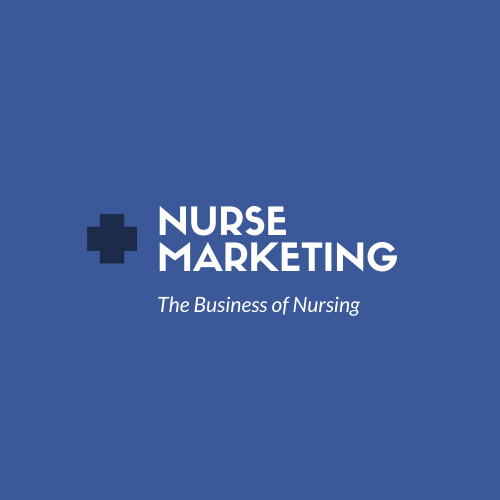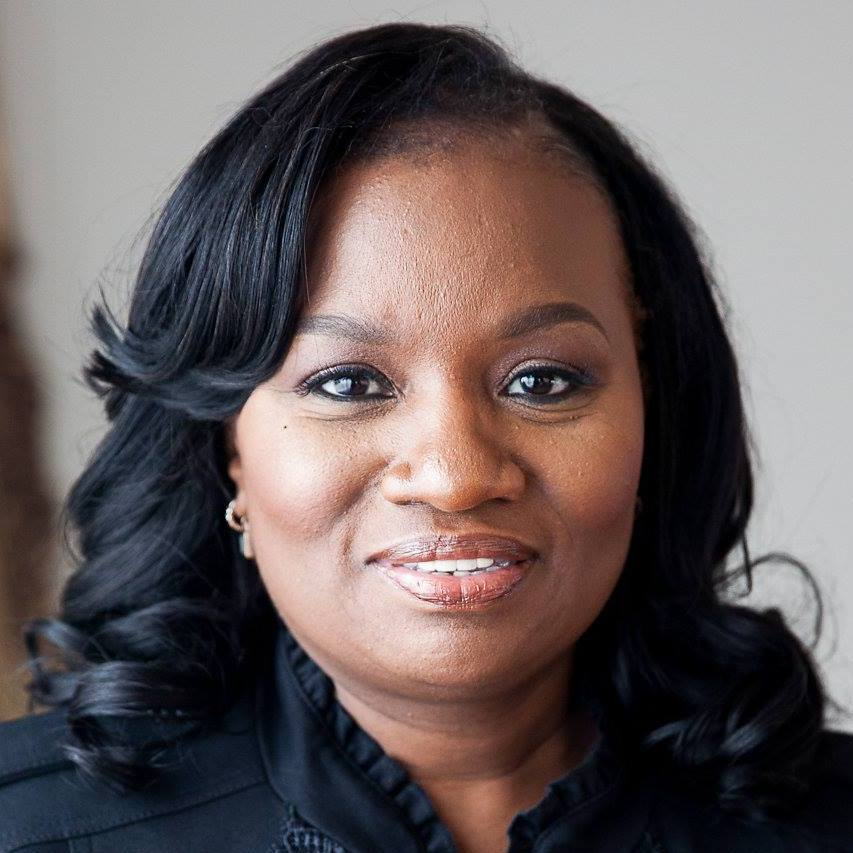As someone who LOVES nurses and business, my sweet spot is nurses who want to grow their practice. While in a related Facebook group, I noticed Dr. Irene Bean and reached out for a quick chat.
Dr. Bean is an American Association of Nurse Practitioner Fellow, Duke Johnson & Johnson Leadership Program Fellow, Founder of Tennessee Nurse Practitioner Association and CEO of Serenity Health Care, PC & Weight Loss Clinic. Our interview is below:
Please give us an overview of your nursing career
I'm a family nurse practitioner with 15 years experience. Prior to that, I was a registered nurse for 7 years. I now own a family practice in Madison, Tennessee and I'm also the founder for the Tennessee Nurse Practitioner Association.
What I do is advocate for patients, as well as nurse practitioners. My goal is to advocate for patients and to be aware of changes which may affect them. It’s extremely important for a practice or the leader of a practice to understand changes which are evolving for business owners and their medical facilities.
Recently I read an article from ModernHealthcare.com related to MACRA changes. It mentioned that nurses may not be as aware of certain changes as compared with physicians. The article can be found here.
What are your thoughts on the comment that nurse practitioners may not be as aware as physicians about changes that impact their practice?
Personally, I despise that comment. I think practitioners are extremely aware of what’s going on around them. I have a problem with generalizing practitioners, because when you are a nurse practitioner or an owner of a practice, it is your obligation to understand all of the information that revolves around CMS, especially when accepting insurances.
If you are not aware of regulations that affect you as a provider, or unaware of your revenue, then your goals will not be as ambitious. Not all nurse practitioners are aware of changes and challenges, possibly because they are not included in decision making in some of the practices. For example, those who are employed by larger practices are provided limited information. However, it remains their responsibility to stay abreast of regulations that affect them as a provider.
There are companies which require practitioners to service 30-40 patients per day. CMS guidelines may not directly impact these practitioners because they are employed by larger companies. Many large companies do not disseminate much of the changes to the employees because they may feel that the information does not pertain to the staff. However, when employed by these companies, nurse practitioners are not “invited to the table.” They are usually the last to know, unless they are determined and independently research the changes.
What do you think about the access we have to information now versus 4 or 5 years from now?
Information is readily available and accessible today, more so than 4 or 5 years ago. We have access to the internet, social media, and professional journals which may be as close as your smartphones. The informational highway is much more accessible and you do not have to leave home. But, if the provider is unwilling to research evidence-based practices, then, he/she is doing themselves and their patients a disservice.
There are so many avenues of information that are available for anyone. Google is every man’s best friend and can be for patients, too. Everyone googles everything. So if there's anything that you are concerned with or any information you feel you need to be a great provider, then the information is available for you. I agree that there are various ways to pursue information that is vital for your practice.
What are your top three sources of information that you look at every day or week to stay up to date?
My personal choice of information to review on a daily basis is the CMS website. This site identifies information pertaining to insurers, guidelines for billing and coding, MIPS, and chart audits. CMS has great resources.
The second source is the state Medicaid site. The state Medicaid reinforces what is on the CMS website; in addition to focusing on federal guidelines, there are areas that pertain only to Tennessee. The information is readily available for all who seek assistance from the state plan.
Another resource is the Blue Cross and Blue Shield site. BCBS has a large visibility in the state of TN. Many of their regulations mimic those of CMS and the TN Medicaid Program.
The billing component of a practice is extremely important. Each of the resources listed gives a synopsis of what and how you should code. Each provides details about when it is appropriate to use the CPT codes 99211-99215.
There are companies getting into healthcare that connect the piece between patient’s information at home with a clinical team to make decisions. What are your thoughts on payments for such solutions that would help the nurse practitioner in care coordination and where are payments for those solutions coming from now?
Home health care, concierge services, and telehealth are growing in the healthcare industry. These services allow healthcare professionals to reach patients who are in rural areas and cannot access quality health care. This is an advantage for both the patient and provider. The delivery of this type of care engages the provider with a community that may otherwise not receive healthcare. It is great that most insurances are reimbursing providers who offer this service for patients.
For the past few years, the insurance companies are offering annual exams at the homes of the patients. These exams allow continuity of care for the patients who are noncompliant with medications and office visits, preventive services, and vaccinations.
The concierge services are widespread. These services will provide services wherever a patient prefers. The patient is responsible for the payments for these services.
Do you see insurance companies paying for these monitoring system solutions or do you know practice owners who are paying directly?
Dr. Irene Bean, DNP, APRN, CME, FAANP, Duke Johnson andJohnson Fellow
No, I do not anticipate insurance companies paying for the monitoring systems, unless there is an available grant. There are companies that are providing applications (Apps) on smartphones and HIPAA-ready video connections. Larger telehealth companies are utilizing monitors and wireless devices to access patients in various communities.
Tell us a little bit about your upcoming events.
The Tennessee Nurse Practitioner Association will host our 3rd Annual Statewide Conference on March 27-30, 2018 at the Omni Hotel, Nashville, TN. The keynote speaker for the conference is Dr. Margaret Fitzgerald. She is an author, entrepreneur, and has been instrumental for thousands of RNs and APRNs who have taken and passed their boards with her certification examinations and practice preparation. Also, Wendy Wright, who is a national speaker and has also prepared APRNs for certification, will be our guest speaker. Dr. Penny Jensen, DNP, advocated full scope of practice within the Veterans Administration. She is the former President for the American Association of Nurse Practitioners and continues to advocate on behalf of 243,000 APRNs. Dr. Dawn Vanderhoef, Director of Psychiatric Mental Health for Nurse Practitioners at Vanderbilt will provide a session on mental health; Dr. Tearsanee Davis, from Mississippi, will provide a session for telehealth; Barbara Phillips will host a live workshop on how to “Start, Operate, and Grow Your Own Practice;” and a host of other guest lecturers will present.
If you’d like to attend the conference, please register at www.tnnpa.com. Students are also encouraged to attend for a great discount.


